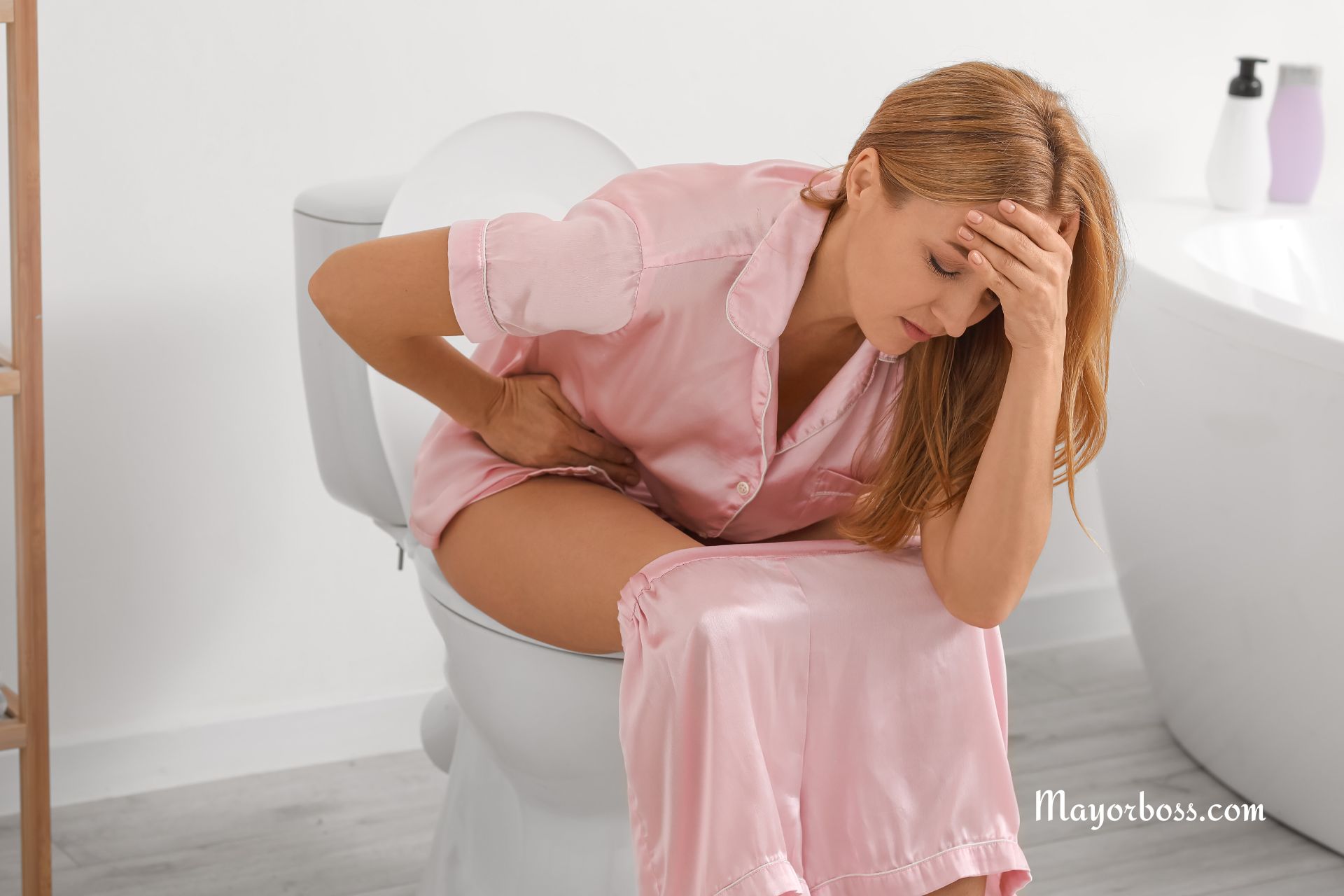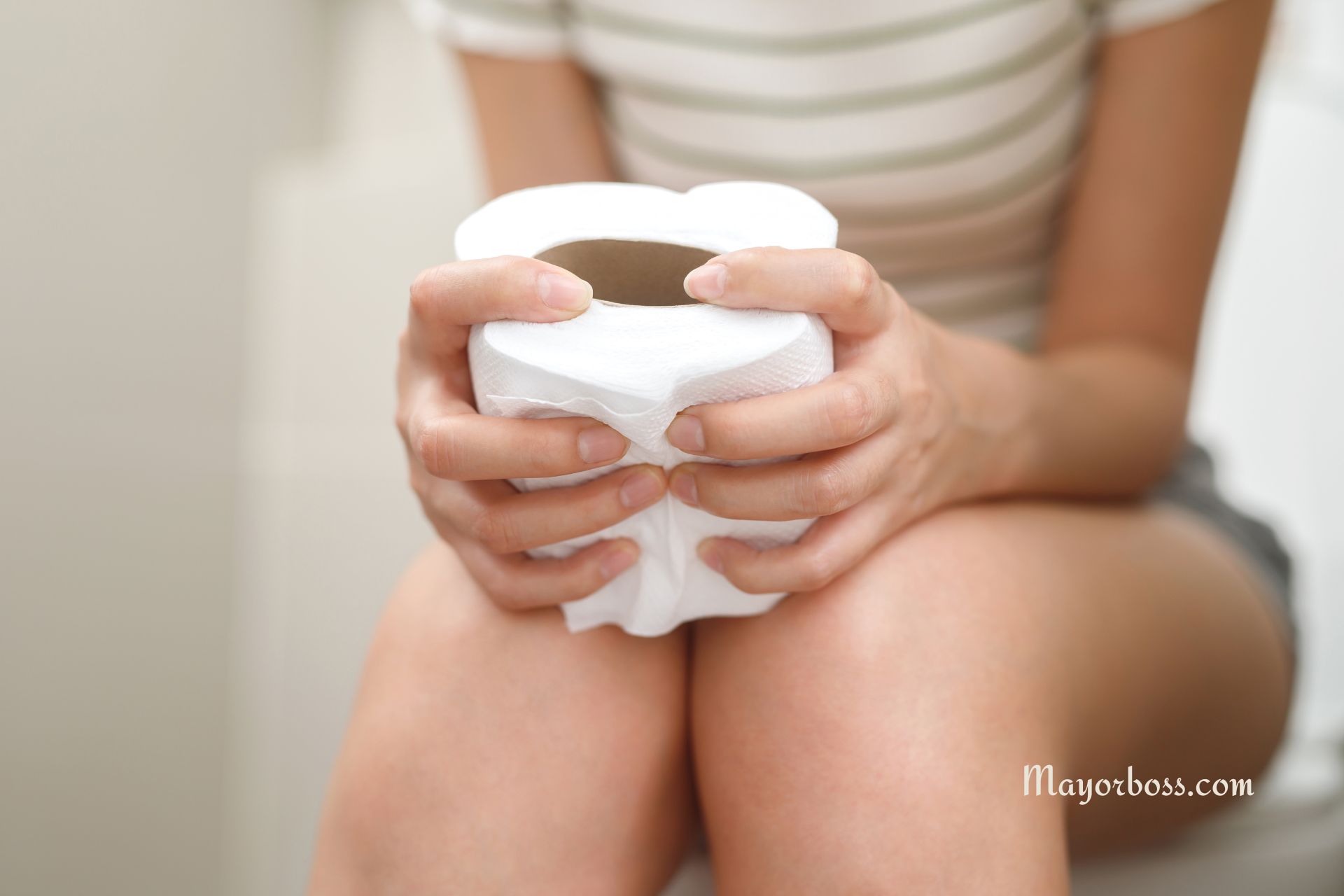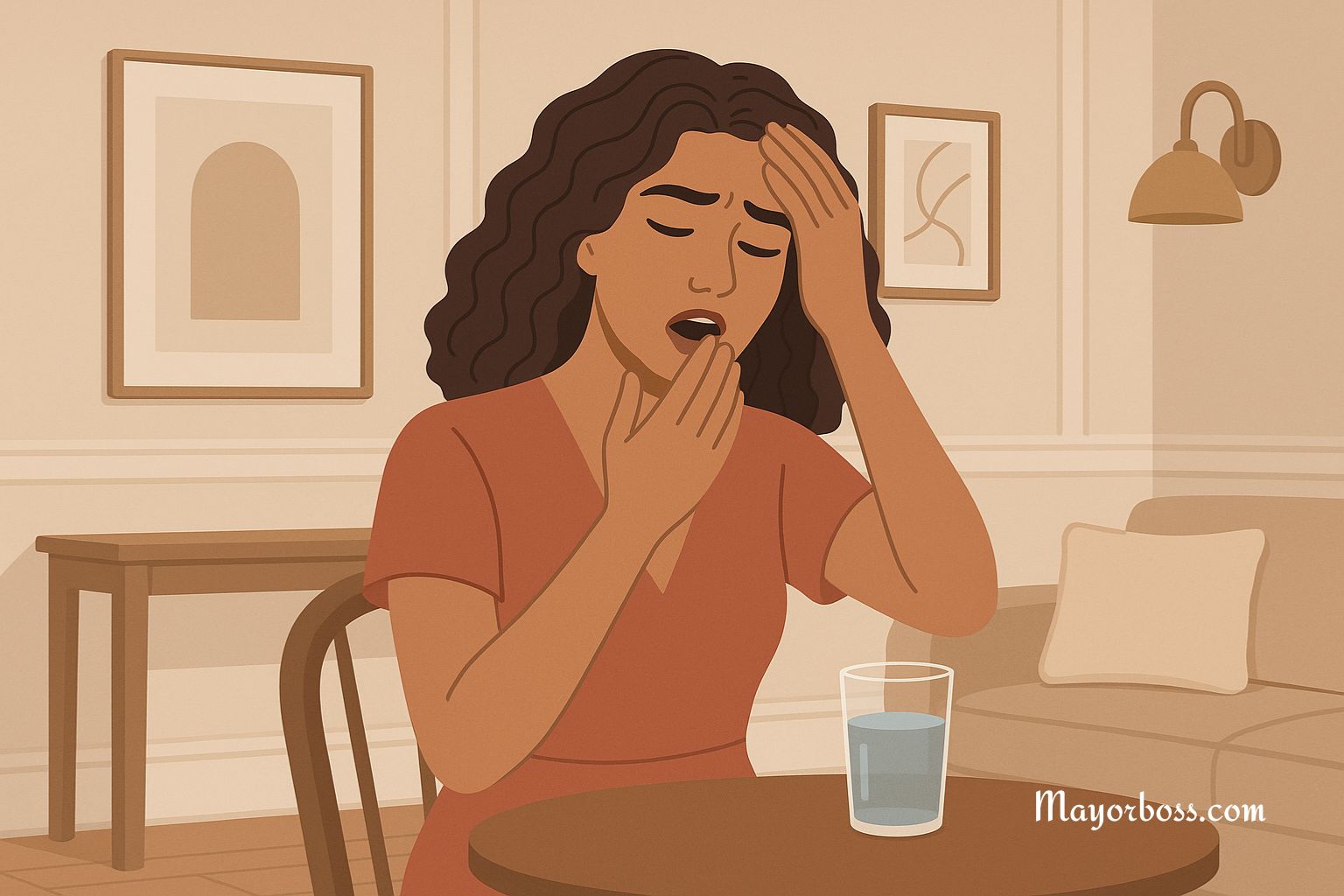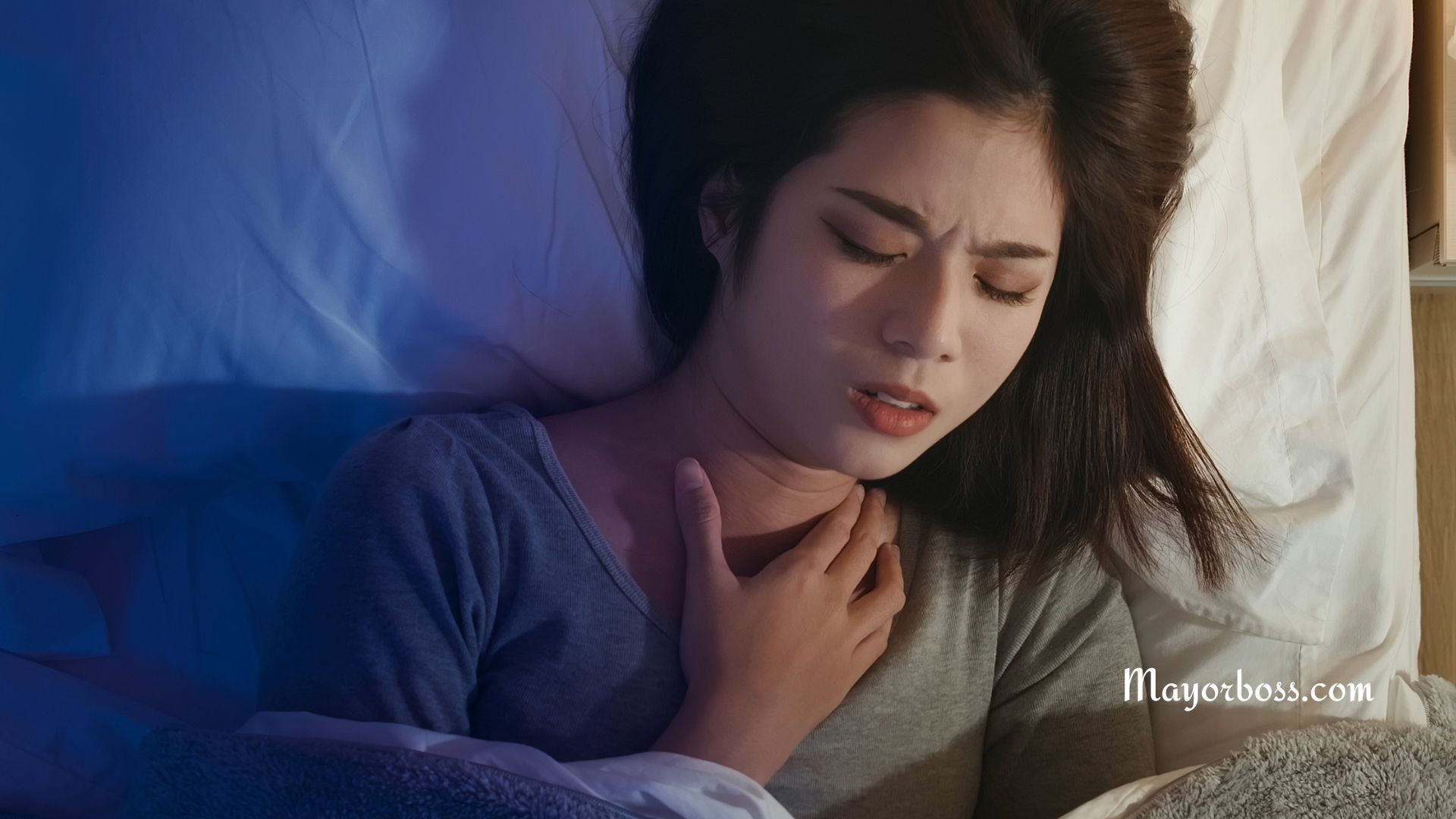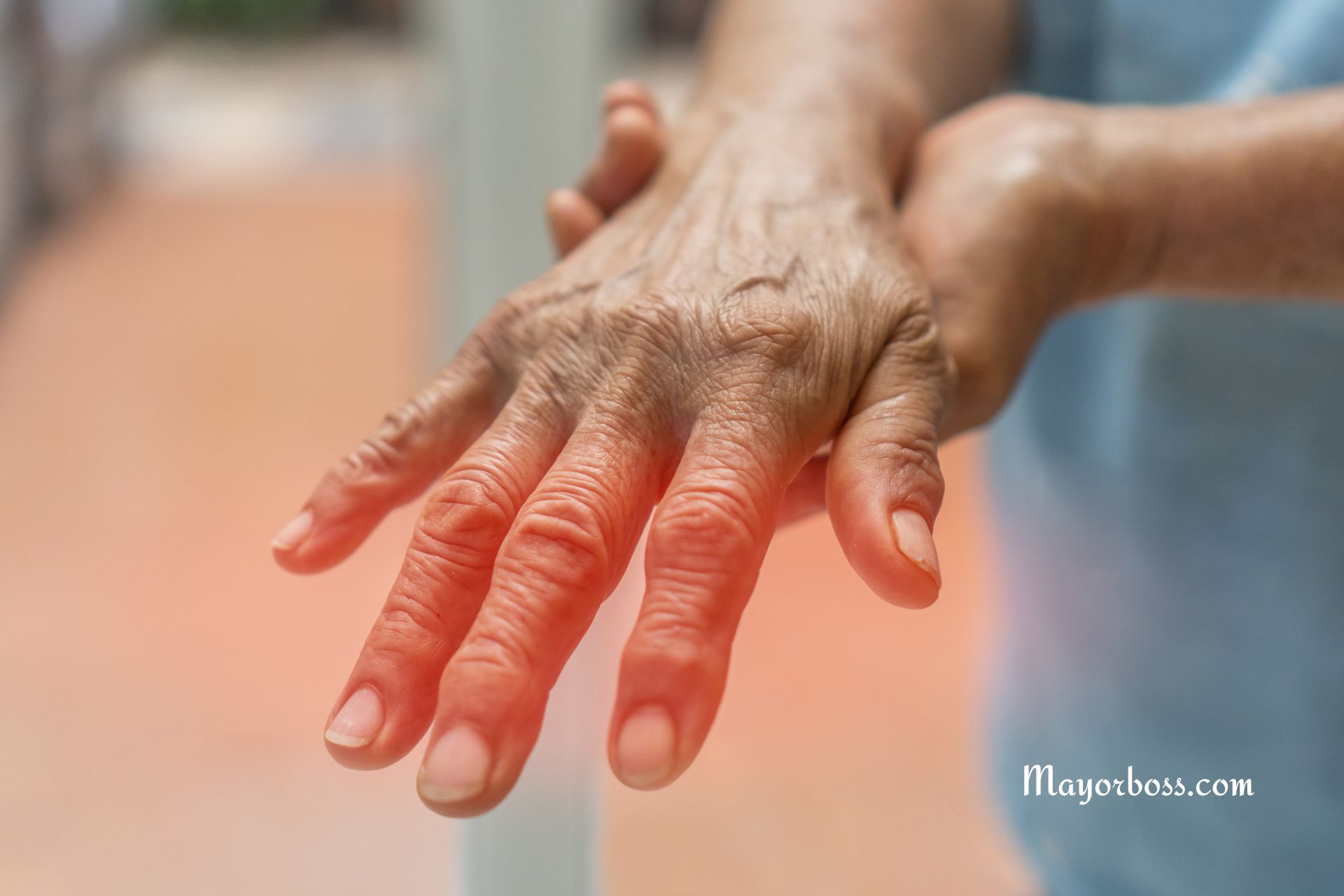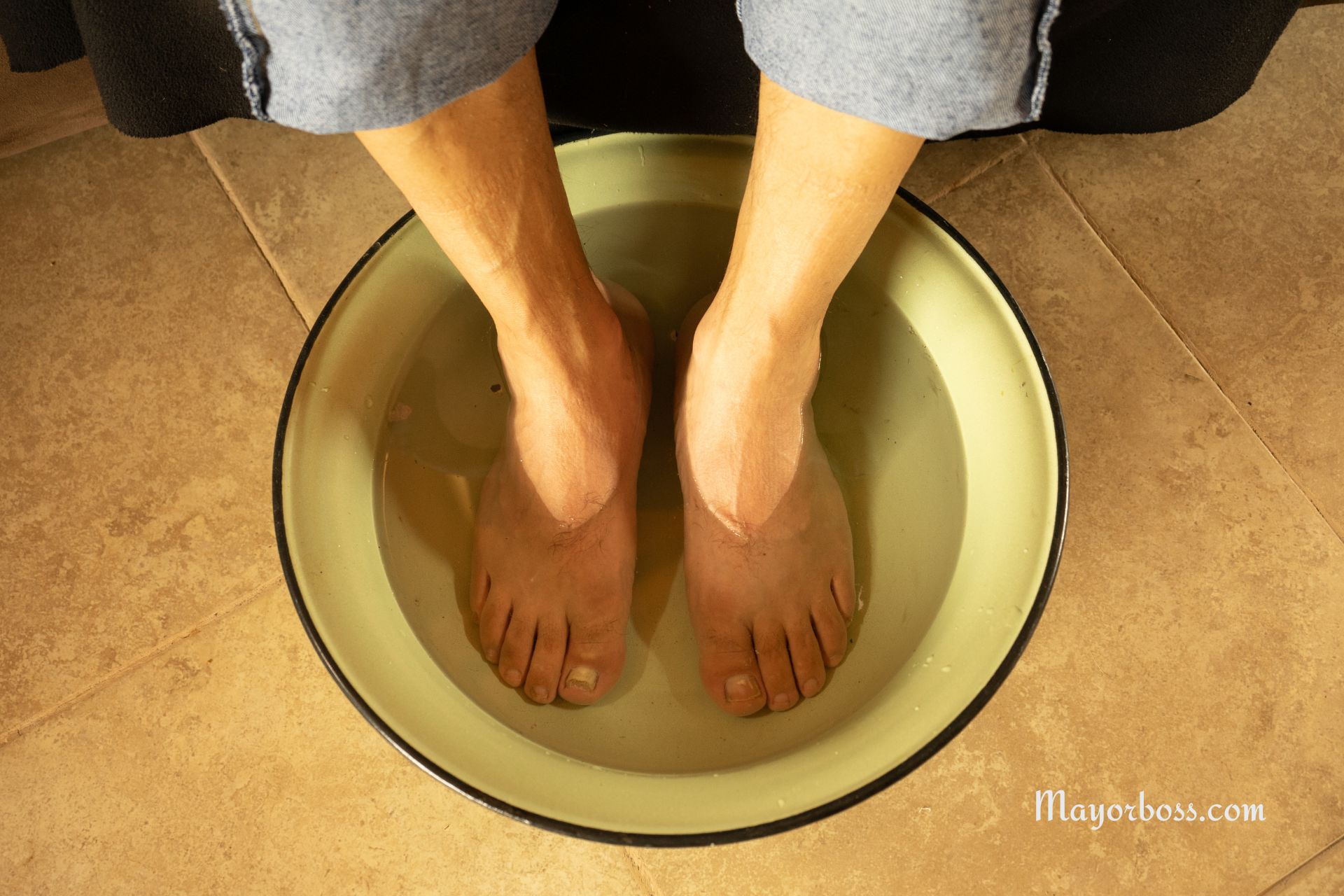Early Menopause Symptoms: 10 Signs You Shouldn’t Ignore
Menopause is a major turning point in a woman’s life, traditionally occurring between the ages of 45 and 55. However, for some, this change happens earlier than expected, a phase known as early menopause. Recognizing the early signs is crucial for adapting to this change smoothly. Below, we discuss ten symptoms that signal early menopause, offering insights to help you navigate this period with awareness and care.

1. Irregular Periods
One of the most noticeable signs of early menopause is changes in your menstrual cycle. Your periods might become unpredictable, varying in length, flow, and frequency. Sometimes, you might skip periods altogether. If you notice such changes, it’s essential to pay attention, as they often signal that menopause is starting sooner than expected.
2. Hot Flashes
Hot flashes are sudden feelings of warmth, usually most intense over the face, neck, and chest, which can make you sweat and your skin turn red. They’re very common and can be a strong indication of early menopause. These episodes can last anywhere from a few seconds to several minutes and might occur at any time.
3. Night Sweats
Closely related to hot flashes, night sweats are basically severe hot flashes that occur at night and can disrupt your sleep. You might wake up drenched in sweat, necessitating a change of clothes or bed linens. Regular occurrences of night sweats could be a sign that your body is transitioning towards menopause. This disruption can lead to fatigue during the day, affecting your mood and concentration.
4. Mood Swings
The hormonal changes that accompany menopause can also affect your emotions. You might find yourself experiencing rapid mood changes, feeling joyful one moment and irritable or sad the next. These mood swings are not only confusing but can also strain your relationships and impact your daily life.
5. Vaginal Dryness
Reduced estrogen levels during early menopause can lead to vaginal dryness, making sexual activity uncomfortable or even painful. This symptom can also lead to itching and discomfort, even when you’re not engaging in sexual activity.
6. Decreased Libido
Alongside vaginal dryness, you might notice a decline in your desire for sexual activity. Changes in hormone levels can reduce libido, making you less interested in sex than you used to be.
7. Sleep Problems
The combination of night sweats, mood swings, and other symptoms can significantly impact your sleep. You might find it hard to fall asleep, stay asleep, or get restful sleep, leading to fatigue during the day.
8. Difficulty Concentrating
Many women report a decrease in their ability to focus and concentrate during the early stages of menopause. You might find it harder to remember things or to stay on task, which can be frustrating.
9. Weight Gain
Hormonal changes during menopause can also affect your metabolism, potentially leading to weight gain, mainly around the abdomen. This can occur even if there’s no significant change in your diet or exercise routine.
10. Thinning Hair and Dry Skin
As estrogen levels drop, you might notice your hair thinning or becoming less full. Your skin might also become drier and less elastic, leading to the more visible appearance of wrinkles.
Frequently Asked Questions
Can lifestyle changes help manage early menopause symptoms?
Yes, lifestyle changes such as maintaining a healthy diet, regular exercise, staying hydrated, and reducing stress can help manage the symptoms of early menopause. Additionally, quitting smoking and limiting alcohol consumption can also be beneficial.
At what age should I be concerned about early menopause?
If you’re experiencing any of the above symptoms before the age of 40, it might be a sign of early menopause. It’s crucial to consult with a healthcare provider to discuss your symptoms and possible treatments.
Is hormone replacement therapy (HRT) a viable option for managing early menopause symptoms?
Hormone replacement therapy can be a useful treatment for managing many symptoms of early menopause, such as hot flashes, night sweats, and vaginal dryness. However, it’s not suitable for everyone. Discuss with your doctor to determine if HRT is right for you, considering its benefits and risks.

